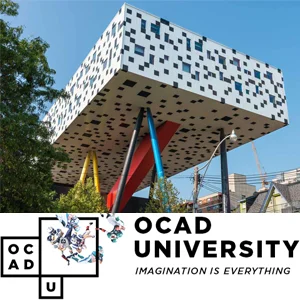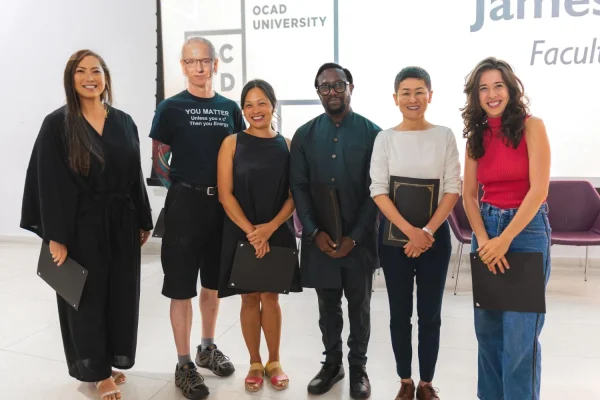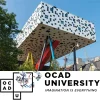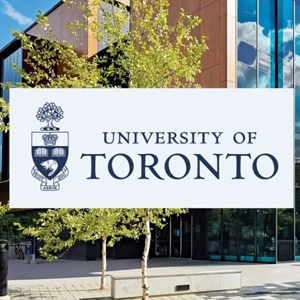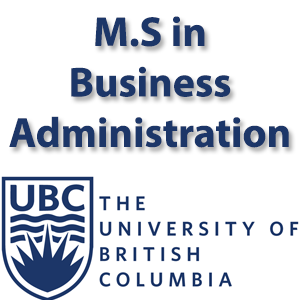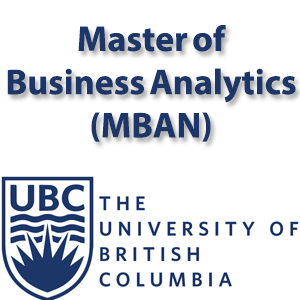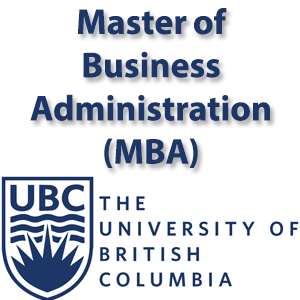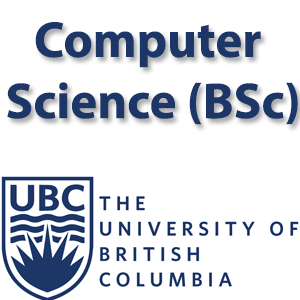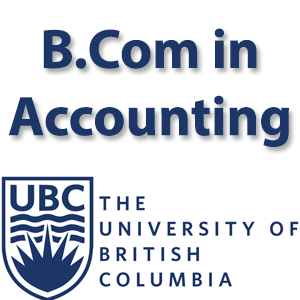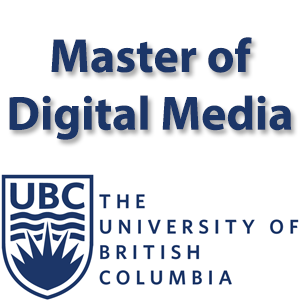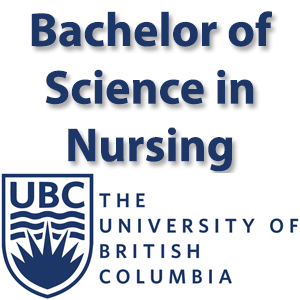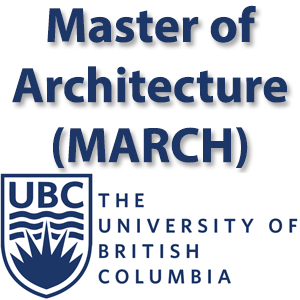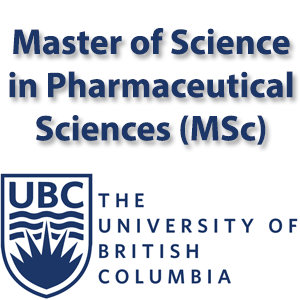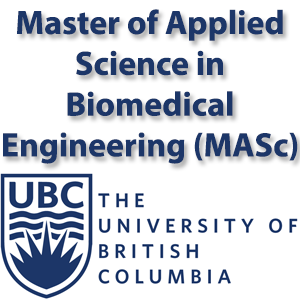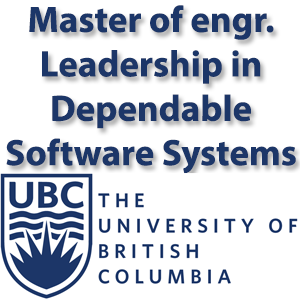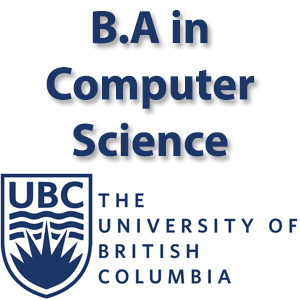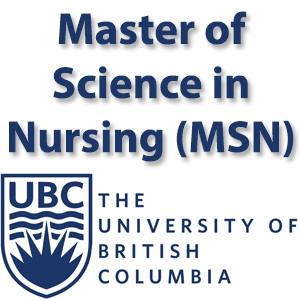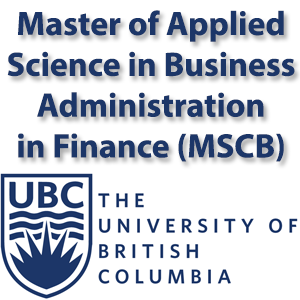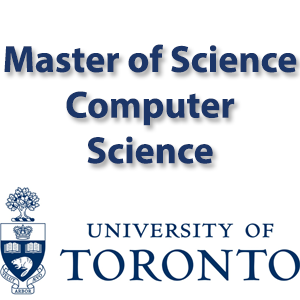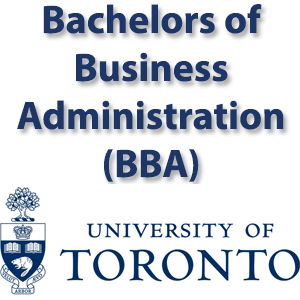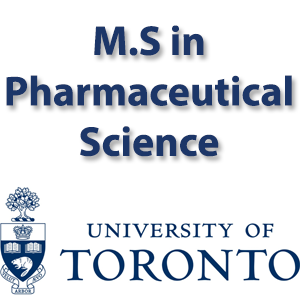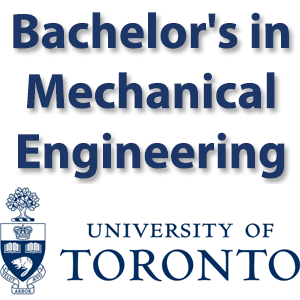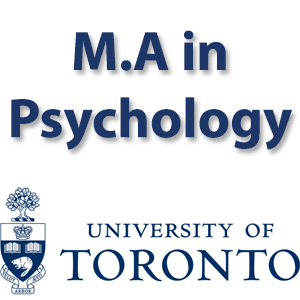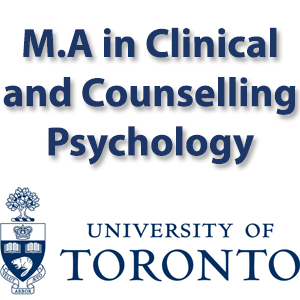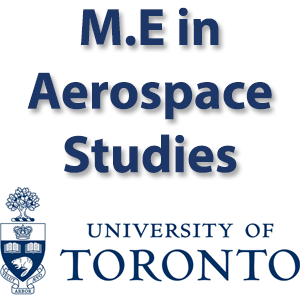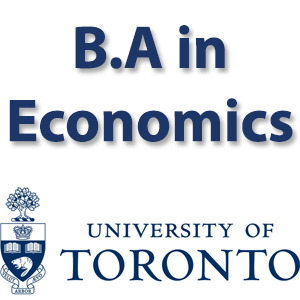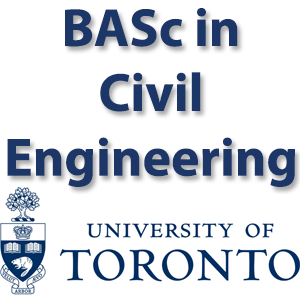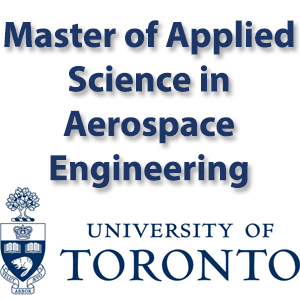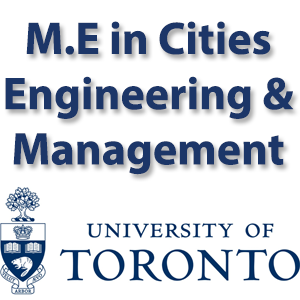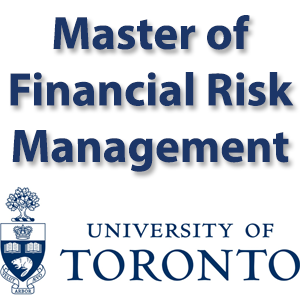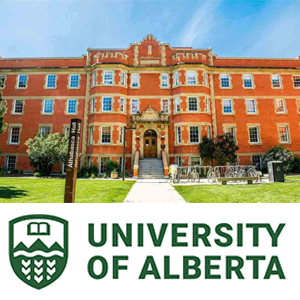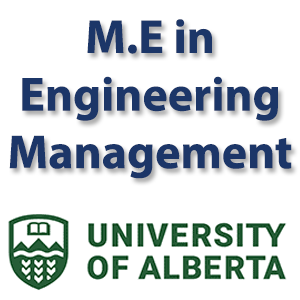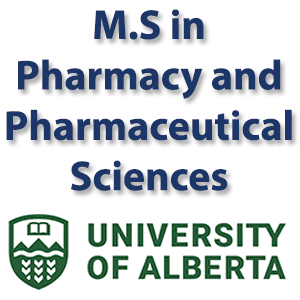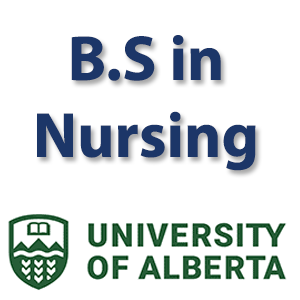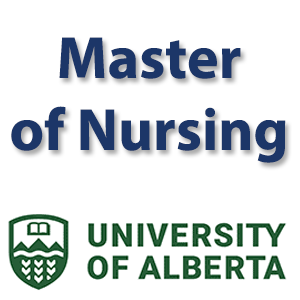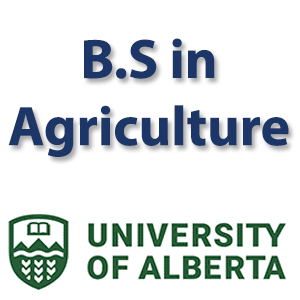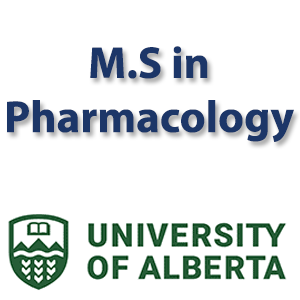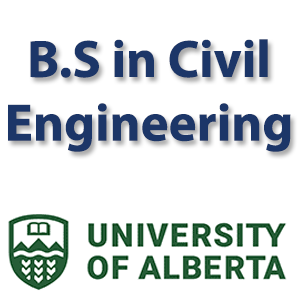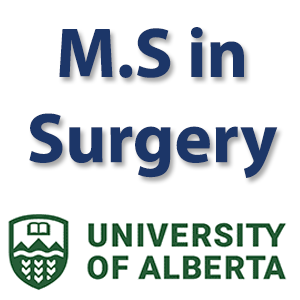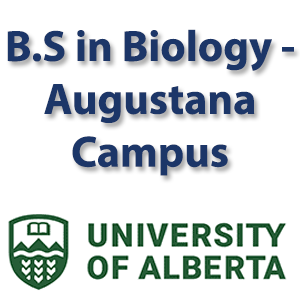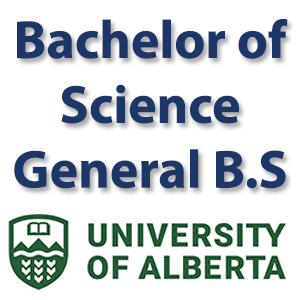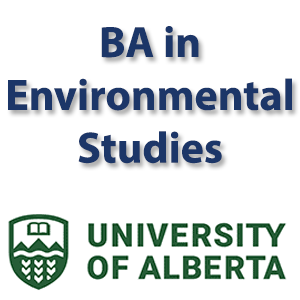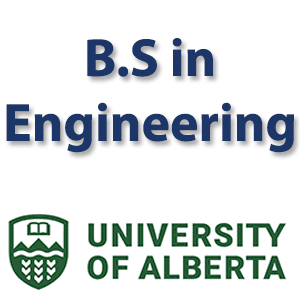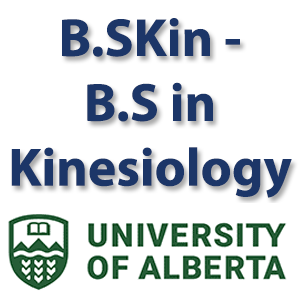English Language Proficiency Requirements
The language/medium of instruction at OCAD University is English. It’s important for your success at OCAD U that you demonstrate proficiency in both spoken and written English that is sufficient to meet the demands of studio/classroom instruction, written assignments, as well as participation in discussions and critiques.
In addition to meeting academic entrance requirements and English prerequisite course (if applicable) requirements, all applicants whose first language is not English are required to submit results of an English Language proficiency test meeting or exceeding the test results indicated below.
OCAD University reserves the right to request an English Language Proficiency test from any applicant regardless of their academic background. English Language Proficiency requirements are subject to change.
Designed specifically for students who are English Language Learners, English for Art and Design (EAD) provides you with opportunities to build your OCAD U community and to get immersed in the language of art & design.
Further develop your language skills and a strong academic foundation before/for your first year.
Apply for OCAD U’s English for Art & Design program if you receive a conditional offer of admission to OCAD University and need to meet English language proficiency requirements.
By successfully completing and passing the EAD program, you will fulfil OCAD U’s English language proficiency requirements for admission and you will not need to retake a language test.
English for Art & Design is for OCAD U students, taught by OCAD U instructors. To participate in the EAD program, your English language proficiency scores must fall within the EAD discretionary range.
Learn more about OCAD U’s English for Art & Design programs.
OCAD University will also consider English language training that students have received at our English language school partners to satisfy English Language Proficiency requirements. Official documentation must be submitted directly from the language school partner.
English School of Canada
- English School of Canada students who successfully complete the University College Transfer Program (UCTP) – English for Academic Purposes with a result of at least 80% will not be required to submit the results of an English language proficiency test.
Hansa Language Centre
- Hansa Language Centre students who successfully complete the Hansa Language Centre English for Academic Purposes and the Level 10 exam with a score of at least 80% will not be required to submit the results of an English language proficiency test.
- Hansa Language Centre students who successfully complete Hansa Language Centre English for Academic Purposes and the Level 9 exam with a score of at least 80% and who complete OCAD U’s English for Art & Design (EAD) Bridge to First Year program will not be required to submit the results of an English language proficiency test.
International Language Academy of Canada (ILAC)
- ILAC students who successfully complete the ILAC University Pathway Program III – PW3.3 at Level 16 will not be required to submit the results of an English language proficiency test.
- ILAC students who successfully complete the ILAC University Pathway Program III – PW3.2 at Level 15 and who complete OCAD U’s English for Art & Design (EAD) Bridge to First Year will not be required to submit the results of an English language proficiency test.
Upper Maddison College (UMC)
- UMC students who successfully complete the UMC English for Academic Purposes Level 15 with an Exit Exam result of 80% or higher will not be required to submit the results of an English language proficiency test.
- UMC students who successfully complete the UMC English for Academic Purposes Level 15 with an Exit Exam result of 70%-79% and who complete OCAD U’s English for Art & Design (EAD) Bridge to First Year program will not be required to submit the results of an English language proficiency test.
University of Toronto English Language Program
- University of Toronto English for Academic Purposes students who successfully completed Academic English Level 60 with a minimum score of ‘B’ will not be required to submit the results of an English language proficiency test.
The following English Language Proficiency tests are acceptable for admission to an undergraduate program at OCAD U. Test results will be considered valid if completed within 24 months of the intended start date at OCAD U.
IELTS (International English Language Testing System) Academic
Score Requirements: Minimum 6.5 overall with no part below 6.0 (Academic Module).
*OCAD U uses the IELTS online verification system. Provide your Test Report Form (TRF) number to the Admissions & Recruitment office
*OCAD U does not accept the IELTS Indicator for admission purposes
TOEFL (Test of English as a Foreign Language) iBT
Score Requirements: minimum total score of 84 with at least 20 in Reading, at least 19 in Listening, at least 22 in Speaking and at least 20 in Writing
*OCAD University’s institution code for TOEFL is 0537
TOEFL iBT Special Home Edition
Score Requirements: minimum total score of 84 with at least 20 in Reading, at least 19 in Listening, at least 22 in Speaking and at least 20 in Writing
*OCAD U’s institution code for TOEFL is 0537
*OCAD U does not accept TOEFL Essentials, TOEFL ITP or TOEFL ITP Plus for China for admission purposes.
PTE Academic (Pearson Test)
Score Requirements: Minimum 58 overall with at least 56 in Listening, at least 56 in Reading, at least 56 in Speaking and at least 56 in Writing.
Duolingo English Test (DET)
Score Requirements: Minimum overall score of 110 with at least 105 in Production
Please note: Duolingo test takers who achieve an overall score of 110 but who score below 105 in the Production sub-score are required to enroll in OCAD U’s EAD: Expanded Program which includes a reduced course load in the Fall term. EAD: Expanded students are also required to enroll in the ELL section of ENGL 1004: The Essay and The Argument in the Winter term to ensure continued language support.
CAEL (Canadian Academic English Language Assessment)
Score Requirements: Minimum 70 overall with no band below 60
COPE (Certificate of Proficiency in English) and TOP (Test of Oral Proficiency)
Score Requirements: Minimum 86 overall with at least 32 in Writing, at least 22 in Reading, and at least 22 in Listening. Minimum score of 6 in TOP.
OCAD University will consider exemptions from the English language proficiency test requirement if you meet one of the following categories. Exemptions are not automatic and are based on official transcripts and/or supporting documents. You may be required to provide an official letter from your school indicating the language of instruction is English if it is not clearly indicated on your transcript or school profile.
- You are currently attending an accredited high school/secondary school where the primary medium of instruction is English and will successfully complete at least 4 years of full-time academic studies immediately prior to your anticipated start date at OCAD University
- You have attended and successfully completed at least 4 years of full-time academic studies at an accredited high school/secondary school where the primary medium of instruction is English within two years (24 months) prior to your anticipated start date at OCAD University
- You have attended and successfully completed at least 2 years of full-time academic studies (non-ESL/ELL/EAP programs) at an accredited Community College (post-secondary) where the primary medium of instruction is English within two years (24 months) prior to your anticipated start date at OCAD University.
- You have attended and successfully completed at least 1 year of full-time academic studies (non-ESL/ELL/EAP programs) at an accredited University where the primary medium of instruction is English within two years (24 months) prior to your anticipated start date at OCAD University.
- You have completed or will successfully complete an English language program with an acceptable Language Pathway program partner. Official documentation must be submitted directly from the English language pathway institution.
You may also qualify for an exemption if you have resided and studied in English (for at least four years) in any of the following countries/territories: Anguilla, Antigua and Barbuda, Australia, Bahamas, Barbados, Belize, Bermuda, Botswana, British Virgin Islands, Cameroon, Cayman Islands, Dominica, Falkland Islands, Fiji, Gambia, Ghana, Gibraltar, Grenada, Guam, Guyana, Ireland, Jamaica, Kenya, Lesotho, Liberia, Malawi, Malta, Mauritius, Montserrat, Namibia, New Zealand, Nigeria, Papua New Guinea, St. Helena, St. Kitts and Nevis, St. Lucia, St. Vincent and the Grenadines, Scotland, Seychelles, Sierra Leone, Singapore, Solomon Islands, South Africa, eSwatini (Swaziland), Tanzania, Trinidad and Tobago, Turks and Caicos Islands, Uganda, United Kingdom (England, Northern Ireland, Wales), United States of America, Vanuatu, Zambia and Zimbabwe.
In addition, Francophone Canadian citizens educated in Canada will not be required to provide English Language Proficiency Test results.
Please note: This list is for information only. Your eligibility for an exemption will be determined after you have submitted your application for admission and relevant supporting documentation (i.e.: transcripts).
Please Also Note: For immigration purposes, you may be required to submit the results of an English language proficiency test to Immigration, Refugees and Citizenship Canada during the study permit application process even if you qualify for an English language proficiency test exemption at OCAD U. Also note that not all language tests are acceptable for immigration purposes.
About the UNIVERSITY
OCAD U is Canada’s oldest, largest and leading art and design university, located in downtown Toronto since 1876.
About OCAD U
Explore
OCAD U is Canada’s oldest, largest and leading art and design university, located in downtown Toronto since 1876. Over 4,500 students attend one of our 17 undergraduate and seven graduate programs. We’re a leading hub of art, design, digital media, research and innovation, and our classes are taught by some of the top experts in their fields. Students benefit from hands-on studio learning in small classrooms and have access to state-of-the-art shops and studios. Our students gain in-demand, employable skills and go on to work in every imaginable sector, including:
- Animation
- Environmental design
- Film
- Gaming
- Graphic design
- Illustration
- Interior design
- Publishing
- Urban planning
- Visual arts
We teach students to innovate and solve the big problems of our time. They bridge the skills gap in many different sectors including manufacturing, finance, automotive, creative industries and technology. We give our graduates the real-world transferable skills, innovation and creativity demanded by today’s high-tech, fast-evolving economy.
Our campus
We have six public galleries and run a video production house with a street-front studio located in the TIFF Lightbox. Our students benefit from hands-on learning in small classrooms and have access to over 20 unique shops and studios.Our state-of-the-art Waterfront Campus houses the OCAD U CO futures design studio for industry and business.
We’re located in the Queen West neighbourhood in downtown Toronto, next to Grange Park and the Art Gallery of Ontario and steps away from the Entertainment District. The University has 12 buildings in the heart of the city, and our campus is easily accessible by transit and surrounded by walkable and livable neighbourhoods.
Our iconic architecture inspires, and our Cultural Policy Hub, Global Centre for Climate Action and the renowned Inclusive Design Research Centre are at the forefront of innovation. We’re more than a traditional university – we are a major cultural force and city builder.
OCAD University acknowledges the ancestral territories of the Mississaugas of the Credit, the Haudenosaunee, the Anishinaabeg and the Huron-Wendat, who are the original owners and custodians of the land on which we live, work and create.
Our History
Founded in 1876
OCAD University was founded as the Ontario School of Art in 1876 by the Ontario Society of Artists, and had 14 registered students. In 1912, we were incorporated as the Ontario College of Art (OCA), becoming Canada’s first school dedicated to educating artists. Esteemed artists such as G.A. Reid and J.E.H. MacDonald of the Group of Seven have served as presidents, and many celebrated alums have come from here.
In 1945 our curriculum was expanded and we opened our Design School; our main building at 100 McCaul Street opened in 1957. The 1960s-80s saw a period of building and growth, with the acquisition of several nearby properties. Our name changed to the Ontario College of Art & Design (OCAD) in 1996.
The 1990s and 2000s were marked by further expansion, beginning with the opening of two new buildings at 113 and 115 McCaul Street. Through large investments from both Ontario’s SuperBuild Program and IDEAS NEED SPACE, we opened our iconic Rosalie Sharp Centre for Design in 2004. Alum and benefactor Rosalie Sharp was named Chancellor the same year.
In 2002, we were granted university status and began to confer Bachelor of Fine Art (BFA) and Bachelor of Design (B.Des.) degrees. In 2008, we accepted our first cohort of graduate students, and began offering continuing education programs in 2009. One year later, to reflect these changes, we became OCAD University (OCAD U).
Thousands of artists and designers have passed through our doors, and as Canada’s most longstanding and respected university for art and design, we strive to be at the forefront of creative education for generations to come. OCAD University acknowledges the ancestral and traditional territories of the Mississaugas of the Credit, the Haudenosaunee, the Anishinaabe and the Huron-Wendat, who are the original owners and custodians of the land on which we stand and create.
Our name
1876: we open as The Ontario School of Art at 14 King St. West, with 14 registered students
1876-1903: after various locations and name changes, our first logo was created in 1903: “Central Ontario School of Art and Industrial Design”
1912: we’re renamed the Ontario College of Art (OCA) – various logo changes over the years
1996: OCA becomes the Ontario College of Art & Design (OCAD) – rebranded logo appears in 2003
2010: Ontario College of Art and Design becomes OCAD University (OCAD U) – our current logo was created in 2011
Board of Governors
Ontario College of Art & Design University Act, 2002 (amended 2023) states that “the Board of Governors is responsible for governing and managing the affairs of the university and has the necessary powers to do so.” The Board consists of members from the external community, including 6 individuals appointed by the Ontario government, 2 elected by the OCAD U Alumni, and 10 by the Board itself. There are also 8 internal Board members drawn from the OCAD U community, elected by staff, management and student representatives as well as faculty members cross-appointed by the Senate. The President and the Chancellor are ex-officio voting internal members.
In its meetings the Board establishes policy and institutional priorities for the university. It makes major operating decisions and receives reports from the President; the Senate; Chairs of standing committees; and representatives of academic and administrative areas at the university, as needed. Standing committees of the Board include the Executive; Audit, Finance and Risk; People and Culture; Investment; Governance and Nominating; and Physical Resources and Capital Assets Committees. There is also a Senate Liaison Sub-Committee of the Executive Committee. Ad hoc committees and task forces are established from time to time as required.
Internationalization at OCAD U
OCAD University recognizes the benefits of a strong international reputation and of global partnerships and networks that enrich our students’ learning journeys and extend the impact of our students’ and faculty members’ research and practice. The Office of the Vice-Provost, Students and International is actively working to support expanded international opportunities for our community. We have been building our world-wide networks in order to provide new pathways for students, staff and faculty. Our approach:
- Fostering global citizenship through international opportunities: The study and practice of art and design demand that students develop the skills to examine and analyze through different perspectives shaped by — for example — culture, faith, language, experience and place. OCAD University has expanded the range of opportunities for students to challenge their own thinking by adding to our expansive list of student-exchange partners; developing study-abroad courses, internships; and expanding our innovative model of course-based online international collaborations.
- Working in partnership with Toronto’s diverse cultural communities: As a creative city-builder, OCAD University plays a leadership role in many events and capacity-building initiatives critical to the vitality of Toronto’s cultural communities. Through hosting international and local artists and designers, OCAD University engages the public and amplifies the voice of the city’s remarkably diverse cultural communities.
Learn more about our recent international collaborations and projects.
Tuition and Fees
Costs of Education
At OCAD U we’re here to help you understand and plan for the costs of your education. Keep reading for information on tuition, then check out our cost calculator below to see an estimate of your tuition and living costs as a student.
Tuition & Fees
Tuition fees are calculated based on a variety of factors including:
- Program
- Status in Canada (Domestic vs International)
- Course load (Full-time or Part-time)
Domestic tuition rates apply to Canadian citizens, permanent residents, as well as exempted international students. International tuition rates apply to all other students.
Domestic Fees:
- Bachelor of Fine Arts (BFA): Approximately $7,500 per academic year based on a full-time course load of 5.0 credits
- Bachelor of Arts (BA): Approximately $7,500 per academic year based on a full-time course load of 5.0 credits
- Bachelor of Design (BDes): Approximately $8,900 per academic year based on a full-time course load of 5.0 credits
International Fees:
- Approximately $32,000 per academic year based on a full-time course load of 5.0 credits
Full-time students will usually take an average of 4-5 classes in the Fall and Winter terms. Classes will usually count as 0.5 or 1.0 credit and an average student would take 2.5 credits in the Fall term and 2.5 credits in Winter term for a total of 5.0 credits. The amounts listed above do not include laptop program fees or course based/material fees. The amounts are based on 2025/2026 Fall and Winter fees and are subject to change.
The Laptop Program provides software and support for students bringing their own laptops to OCAD U for their learning and instruction in art and design.
All Undergraduate students are expected to have a laptop, either one you own already or one you purchase for school. Through the laptop program, we license Adobe Creative Cloud, Microsoft 365, LinkedIn Learning and other software like Rhino, Sketch Up and more. The laptop program fee is tax-deductible.
As part of the Laptop Program, OCAD U provides comprehensive support through IT Services. This includes full support for recommended laptop models, assistance with Apple repairs, short-term laptop loans during repairs, malware removal, data recovery, and access to discounted storefronts.
Cost Calculator
In addition to your program tuition, additional fees for materials and studio costs may apply depending on the program. Play around with different variables like living arrangements, programs, course-load or residency status to get a sense of your financial picture.
Scholarships & Awards
OCAD U’s undergraduate scholarships and awards programs recognize achievement. Each program major and year level offers a variety of scholarships and awards based on grades or through juried competition. Scholarships and awards are different from bursaries, which are distributed on the basis of financial need.
Download our Undergraduate In-Study Scholarships & Awards Policies & Procedures guide (PDF).
Application Information
Q. Where can I apply?
A. All applications for OCAD U’s undergraduate degree programs are made online through the Ontario Universities’ Application Centre (OUAC).
Q. When should I apply?
A. The OUAC application typically opens annually in October. OCAD U’s application deadline to apply is typically February 1 of the year of intended enrollment.
Q. Can I apply to more than one program?
A. Applicants may apply to more than one program, up to a maximum of three programs.
Q. Can I apply for January admission?
A. No. OCAD University currently does not offer winter or spring intake to any undergraduate programs.
Q. If I am accepted to a specific area, can I change my mind?
A. Applicants may be able to request to change programs during the application process depending on program availability. Students may be able change their program during their first year of study. Depending on the number of students transferring, a portfolio assessment may be necessary to transfer.
Q. How do I know if I qualify for Direct Entry to an Upper Year (Advanced Standing)?
A. Applicants interested in applying for direct entry to an upper year (Advanced Standing) must have at least one year of post-secondary education that is equivalent to the program they are applying to at OCAD U. To confirm if you are eligible to apply through the upper year category, or if you have questions, please fill out the Upper Year Entry Inquiry form. You will be asked to upload or email your previous post-secondary academic record. For further information please visit our Transfer Pathways page.
Q. How many credits can I transfer?
A. Applicants with previous post-secondary experience are encouraged to apply to receive transfer credit. All applicants who receive an offer of admission will be emailed details on how to request transfer credit. For further information please visit our Transfer Pathways page.
Q. I received an offer of admission last year but did not attend. Do I need to apply again?
A. Yes, you must reapply for admission if you did not accept the offer. You must also reapply if you did not complete any courses during the Fall or Winter term of the academic year you were admitted to.
Q. Do I need to send my transcripts?
A. Yes, all applicants are required to submit transcripts in support of their application for admission. Applicants currently attending a secondary school in Ontario (Group A) will have their grades automatically reported through the OUAC. For Group B applicants, there are special procedures through the OUAC for obtaining transcripts from Ontario high schools, British Columbia (BC) high schools, Quebec CEGEPs, Ontario universities and colleges, and some BC universities and colleges. Visit OUAC Group B for additional details. All other applicants must have official transcripts and supporting documents submitted directly from the institution attended to the Admissions & Recruitment office at OCAD U.
Q. Do I need to translate my transcripts?
A. In applying to an OCAD U undergraduate program, we do not require you to submit a WES evaluation. We do request that your transcripts be translated into English if they are not already in English. If we require a WES evaluation of your transcripts during the admissions process, we will reach out to you and let you know.
Q. When should I send my transcripts?
A. If you have completed your high school or post-secondary studies, official transcripts should be sent as soon as possible after you apply. If you are currently attending a high school or post-secondary institution, official transcripts should be sent as soon as first-term grades and second-term midterm grades are available. Applicants will be notified by email of final deadlines to submit final official transcripts and supporting academic documentation.
Q. Where do I send my transcripts?
A. Official transcripts must be sent directly from the sending institution to OCAD University. We will accept official transcripts by mail, by email from a school official, or through other electronic transcript submission methods. If submitted by mail, all mail must be sent to the following address: OCAD University Admissions & Recruitment 100 McCaul Street Toronto, Ontario M5T 1W1
Academic Requirements Information
Q. What is OCAD U’s TOEFL code?
A. OCAD University’s TOEFL code is 0537.
Q. I haven’t met the academic entrance requirements yet, can I still apply?
A. You may still apply and submit a portfolio for admission consideration. You may receive an offer of admission based on your portfolio submission with the condition that you meet at least the minimum academic entrance requirements, including the minimum required grade in the English prerequisite course, by specific deadlines. Visit our Academic Entrance Requirements page for additional details.
Q. I need to submit an English language proficiency test, but I haven’t taken one yet. Can I still apply?
A. You may still apply and submit a portfolio for admission consideration. You may receive an offer of admission based on your portfolio submission with the condition that you provide ELP test results by specific deadlines. Visit our English Language Proficiency page for details on acceptable tests and score requirements as well as information on language pathways.
Q. Why can’t I find OCAD U on the OCAS website?
A. OCAD U is an accredited university and is part of the Ontario university system. Applicants must apply through the Ontario Universities’ Application Centre (OUAC).
Q. Can I defer my acceptance?
A. Deferrals are granted on a case-by-case basis. In order to be eligible for a deferral you must accept your offer of admission, pay your confirmation deposit and meet all academic entrance requirements and satisfy all conditions of the offer by the deadlines indicated. Deferral requests will be considered after June 1 each year. Further details will be made available online after that date.
Q. I graduated from a specialized high school art program. Can I skip first year?
A. In order to qualify for Upper Year (Advanced Standing) entry consideration, applicants must have completed at least one year of post-secondary education in an equivalent visual art or design program. Applicants who do not have any post-secondary education, must apply to first year. Currently, OCAD U does not transfer credits from specialized secondary school/high school art programs.



